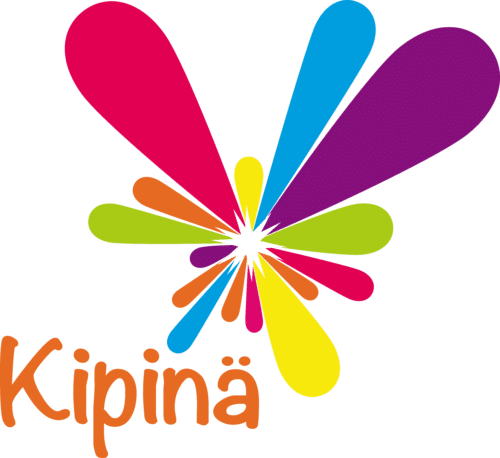Critical thinking is the ability to analyse information, evaluate evidence, and solve problems in a logical and reflective way. It’s an important skill for children to develop, as it can help them in all areas of their lives, from school to careers to personal relationships. Here are a few activities that can help promote critical thinking in early childhood education:
- Ask open-ended questions. Open-ended questions are questions that don’t have a simple yes or no answer. For example, instead of asking “Do you like apples?” you might ask “What do you think about apples? Do you like them, and why?” Open-ended questions encourage children to think critically and express their own ideas and opinions.
- Encourage problem-solving. Problem-solving is a key aspect of critical thinking. Provide children with age-appropriate problems to solve, such as a puzzle or a challenge, and encourage them to think creatively and logically to come up with a solution.
- Engage in pretend play. Pretend play allows children to use their imagination and creativity to create and explore different scenarios and situations. Encourage children to act out different roles and scenarios, and ask them open-ended questions to encourage critical thinking.
- Play games that require critical thinking. There are many games and activities that can promote critical thinking, such as board games, card games, and puzzles. Choose games that require children to think logically and critically, and provide support and guidance as needed.
- Encourage reflection and discussion. Critical thinking is not just about thinking on the spot, but also about reflecting on and analysing one’s own thoughts and actions. Encourage children to reflect on their own thoughts and actions, and provide opportunities for them to discuss their ideas with others.
In conclusion, critical thinking is an important skill for children to develop. By asking open-ended questions, encouraging problem-solving, engaging in pretend play, playing critical thinking games, and encouraging reflection and discussion, educators can help children develop their critical thinking skills.
